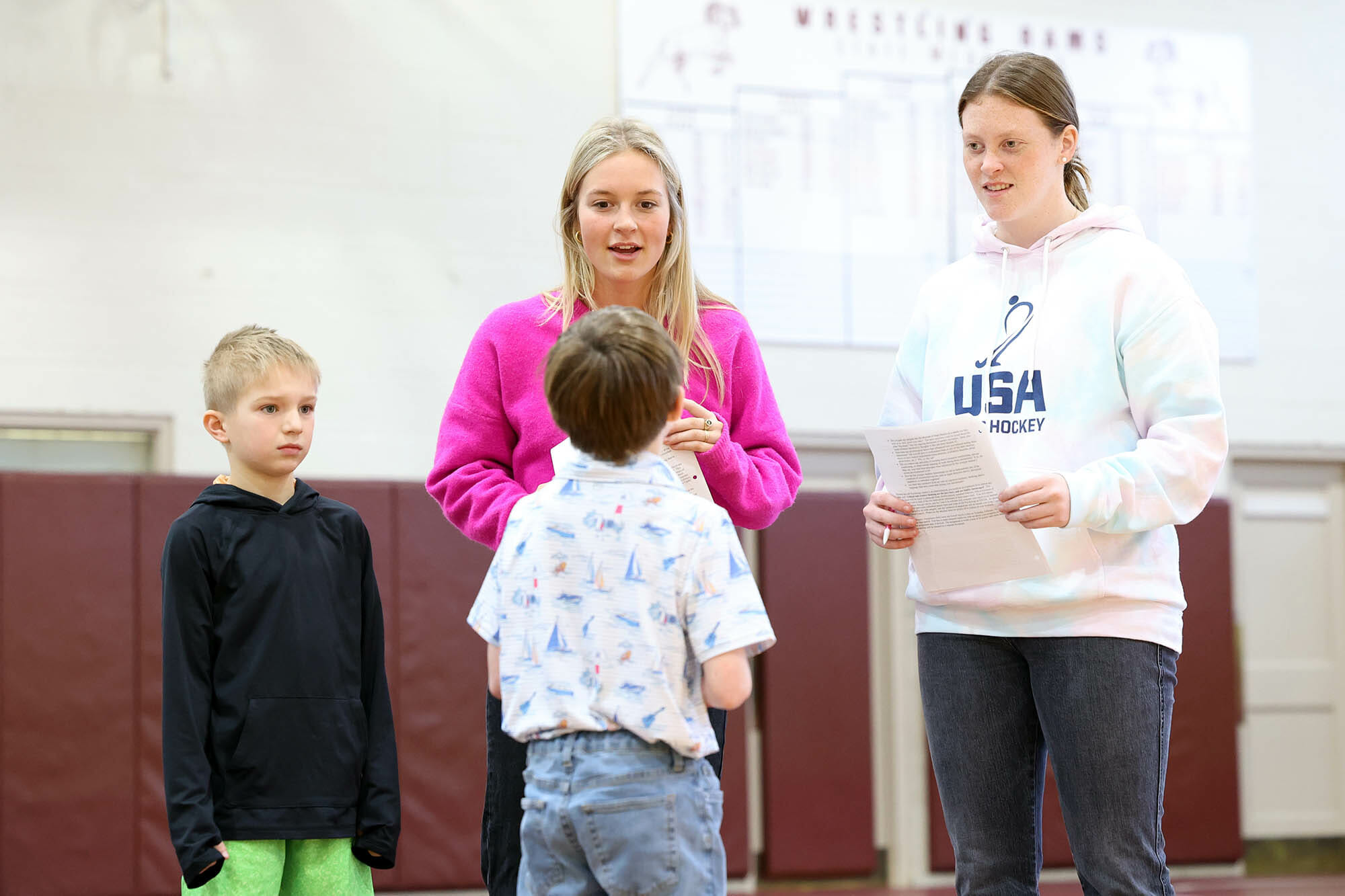One of our favorite cross-divisional activities took place last week: Upper School AP Psychology students visited with Beasley friends to better understand what they’re learning in class.
The AP Psych students have been learning about developmental psychology, which focuses on the physical, social, and cognitive developmental hallmarks at various stages of childhood. While reading about these developmental milestones is interesting, it’s far more fascinating to see them in person. Visiting a third-grade physical education class, a first-grade writing class, a third-grade literacy program, and a first-grade computer class allowed the older students to observe first-hand, developing a better understanding of ourselves, each other, and our community while strengthening social bonds and interpersonal connections.
Aaron Proctor, Upper School Math and History & Social Sciences Teacher, and Diane Gioia, Upper School Dean of Students & History & Social Sciences Teacher, arrange for this wonderful opportunity each year, and the Lower School students love seeing their older schoolmates visit.
“It’s one thing to read about developmental psychology—it’s another thing to interact with an actual young person experiencing these stages of development,” said Proctor. “The AP psychology students gain a level of experience, a depth and nuance of understanding, that would not be possible without these Beasley interactions.”
The Upper School students each choose to explore a different psychological area of study including attachment styles and the cognitive developmental construct of preoperational egocentrism—the ability to take on others’ points of view. In one instance, a psychology student performed some magic tricks, with the goal of exploring how the younger students analyzed how each trick worked. At the end of the project, students write a formal report of this experience and what they learned.
The educational experience is not one-sided; the Lower School students teach the Upper Schoolers just as much. Proctor emphasized just how reciprocal the experience is. “The Beasley students LOVE having these interactions. In fact, many of the interactions are set up such that the younger students can teach the older students about something they are learning,” he said.
For example, this year some of the younger students shared what they were learning about research and writing non-fiction…and in the process, the older students learned more about pandas!
Proctor has seen how beneficial the experience is for everyone involved. “These interactions between Beasley students and AP Psychology students build community across divisions and advance the emotional intelligence of everyone involved. It’s so much fun!”



















